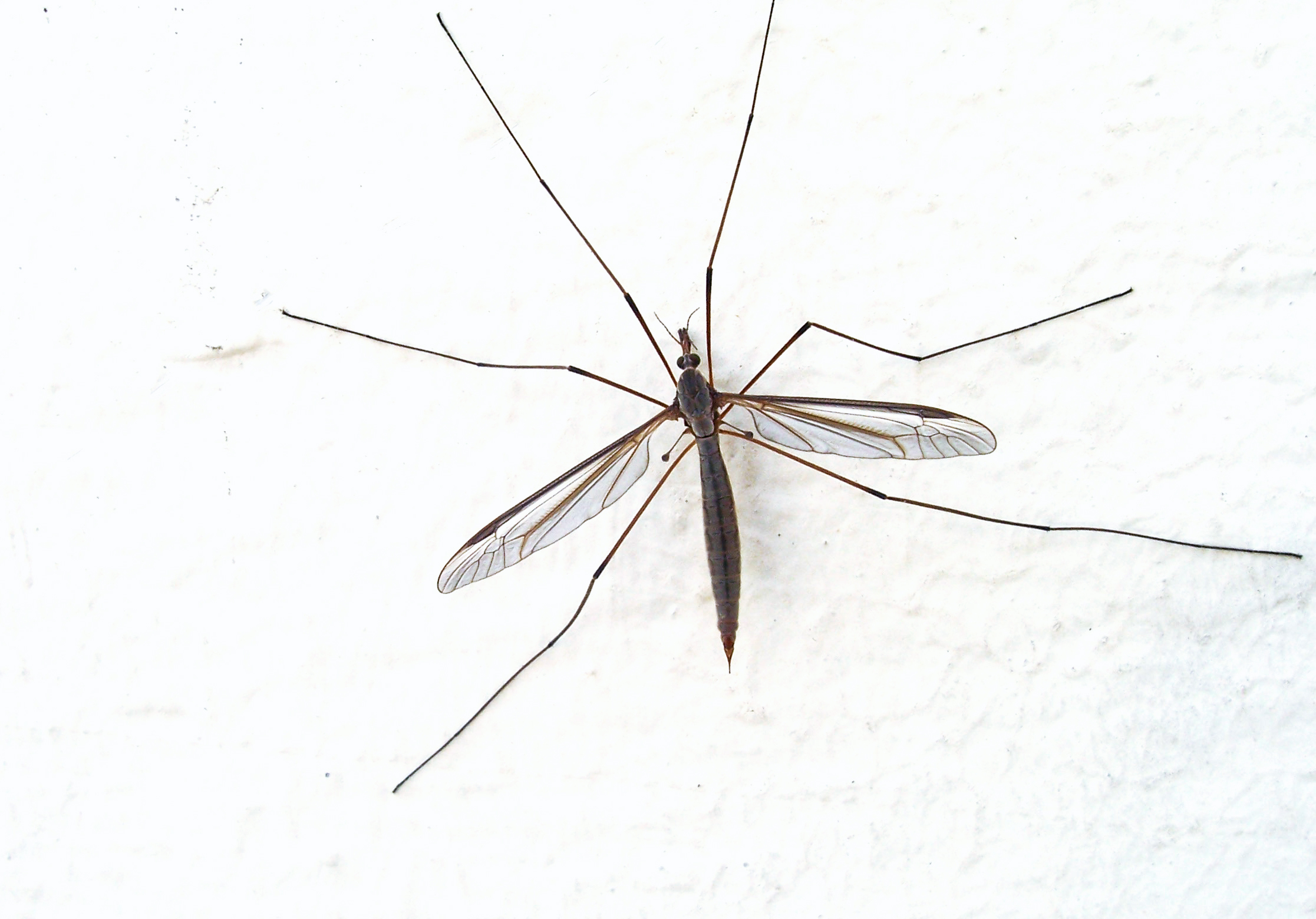
MONDAY, April 6, 2015 (HealthDay News) — Cigarette smoke appears to strengthen a dreaded “superbug,” new research in mice shows.
Exposure to tobacco smoke prompts methicillin-resistant Staphylococcus aureus (MRSA) bacteria to become even more aggressive, and makes it harder for the immune system to fight off the infection, researchers from the University of California, San Diego School of Medicine found.
“We already know that smoking cigarettes harms human respiratory and immune cells, and now we’ve shown that, on the flipside, smoke can also stress out invasive bacteria and make them more aggressive,” study senior author Dr. Laura Crotty Alexander, an assistant clinical professor of medicine at UC San Diego, said in a university news release.
However, it’s important to note that the results of animal and laboratory experiments don’t necessarily hold in humans.
MRSA infection is caused by a drug-resistant bacteria that doesn’t respond to routinely used antibiotics. It can lead to pneumonia and life-threatening skin, bloodstream and surgical site infections. For this study, researchers infected disease-fighting immune cells with the superbug to see how one might affect the other.
Some of the bacteria were grown normally, while others were exposed to cigarette smoke extract. The researchers then tested how susceptible the bacteria were to the immune cells’ defenses.
The MRSA bacteria exposed to cigarette smoke were less likely to be killed by different immune system artillery, according to the study, published recently in the journal Infection and Immunity.
MRSA exposed to cigarette smoke were better at invading human cells grown in the lab. And in the mouse experiments, the smoke-subjected MRSA survived better and caused pneumonia with a higher death rate, the study found.
Moreover, the more smoke exposure the bacteria received, the more resistant they became to the immune cells’ defense mechanisms, the researchers said.
“Cigarette smokers are known to be more susceptible to infectious diseases. Now we have evidence that cigarette smoke-induced resistance in MRSA may be an additional contributing factor,” Crotty Alexander said.
More information
The U.S. Centers for Disease Control and Prevention provides more information on MRSA.
Copyright © 2026 HealthDay. All rights reserved.

